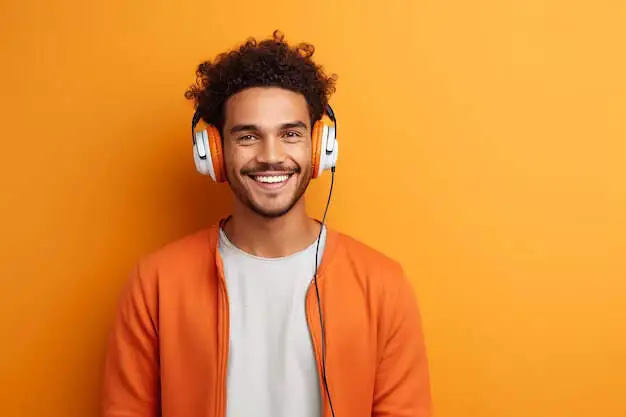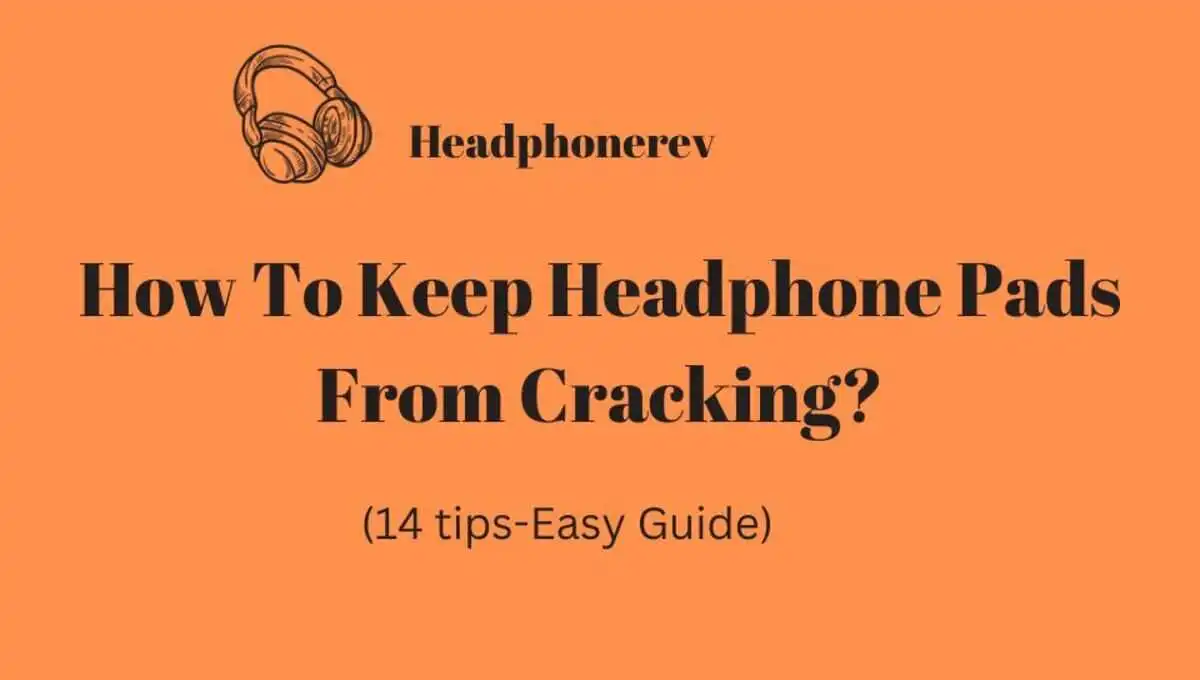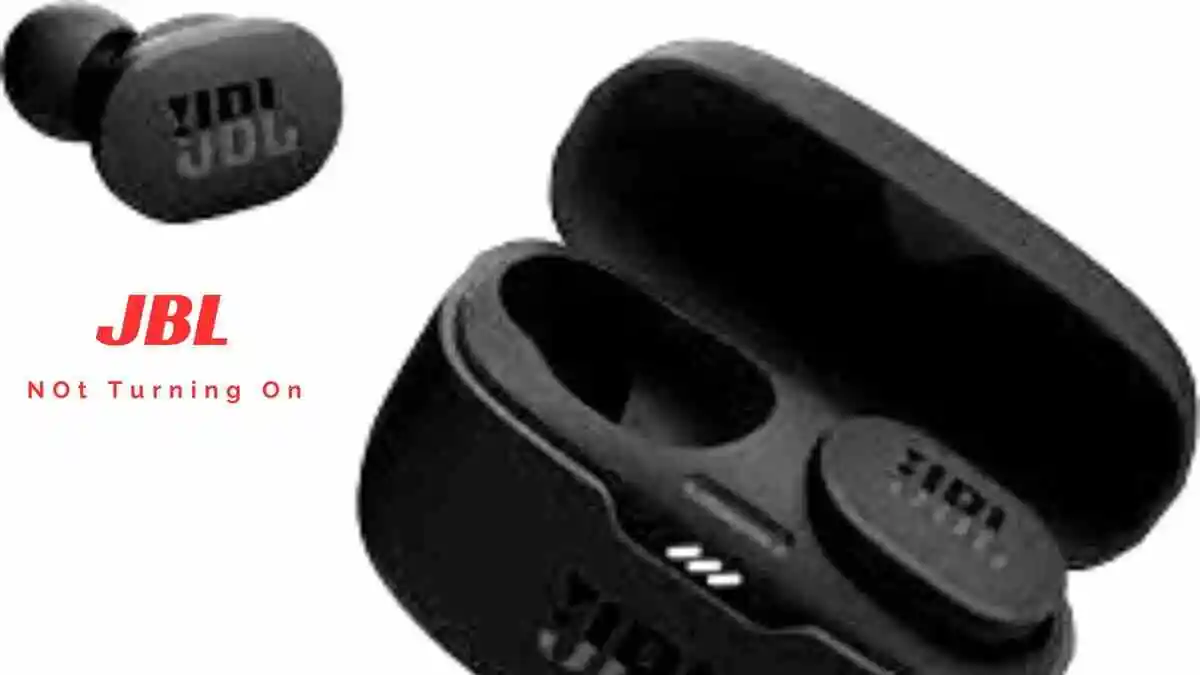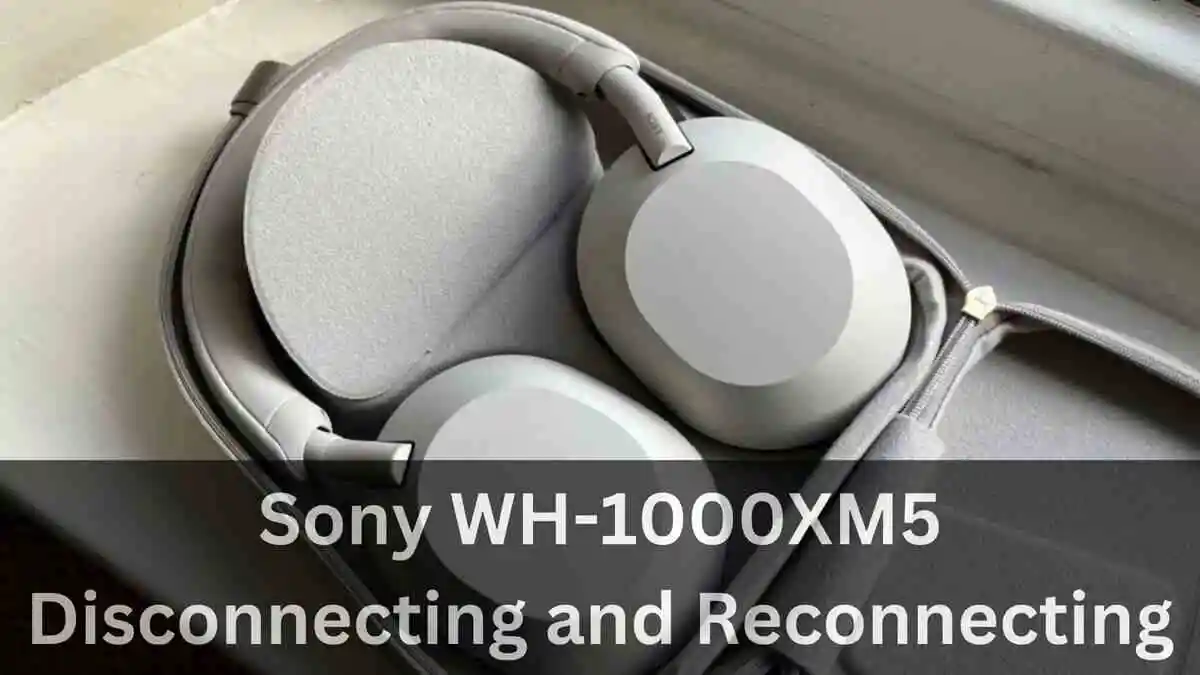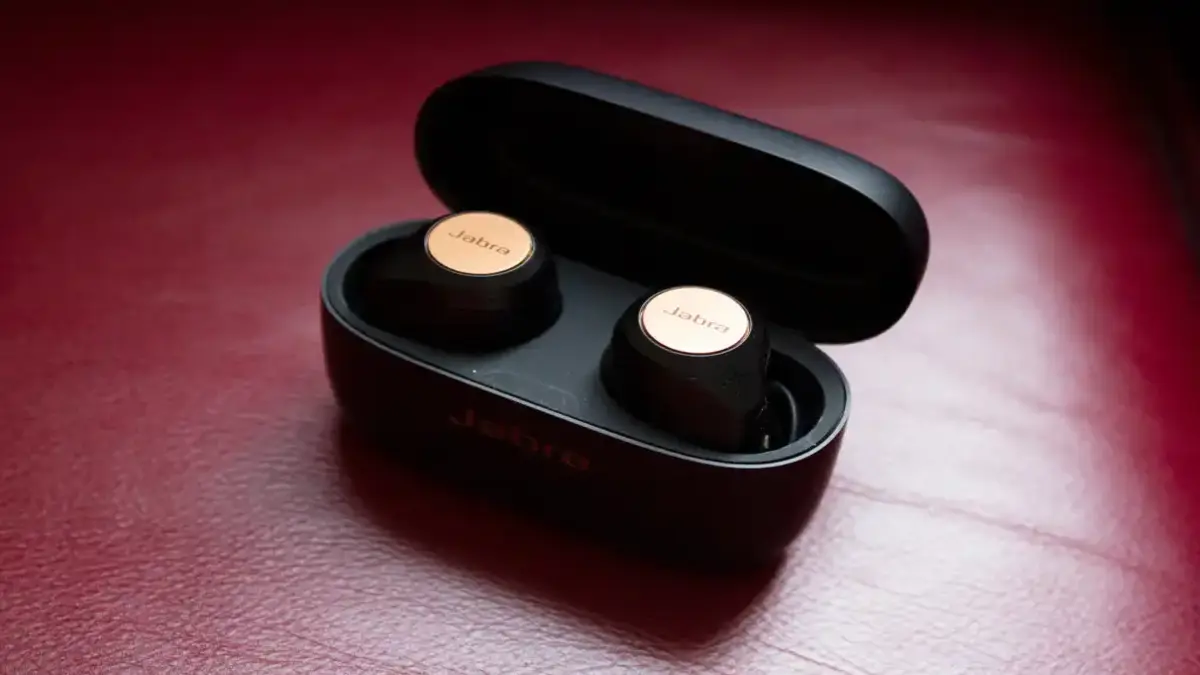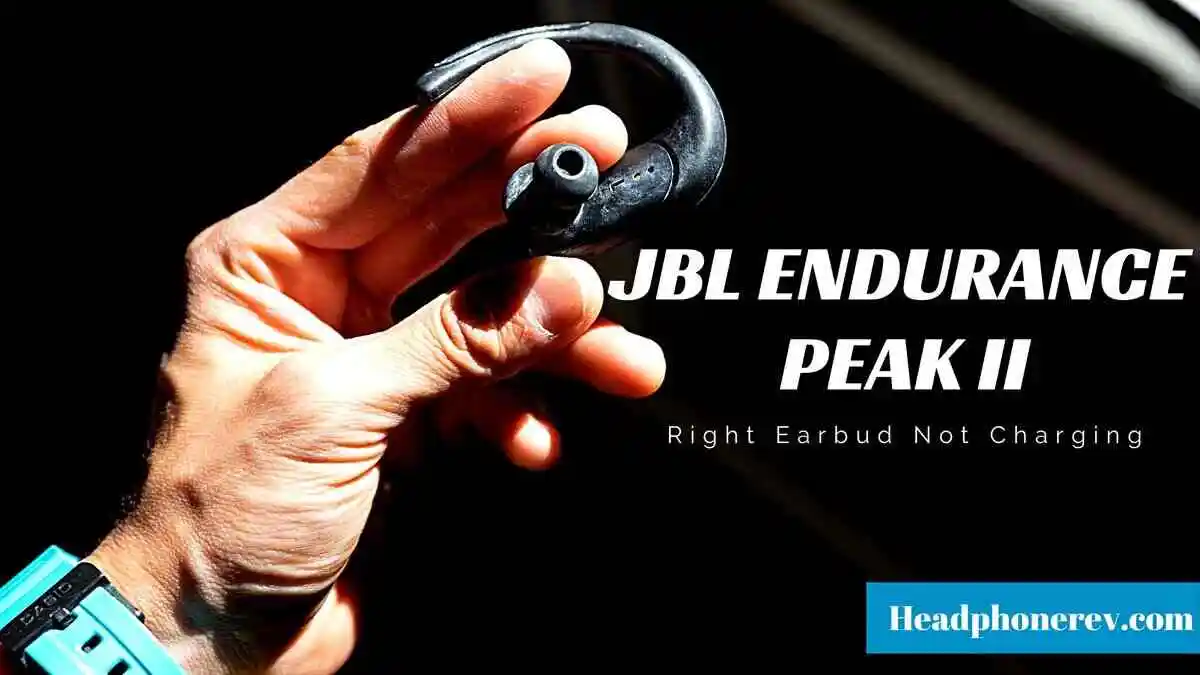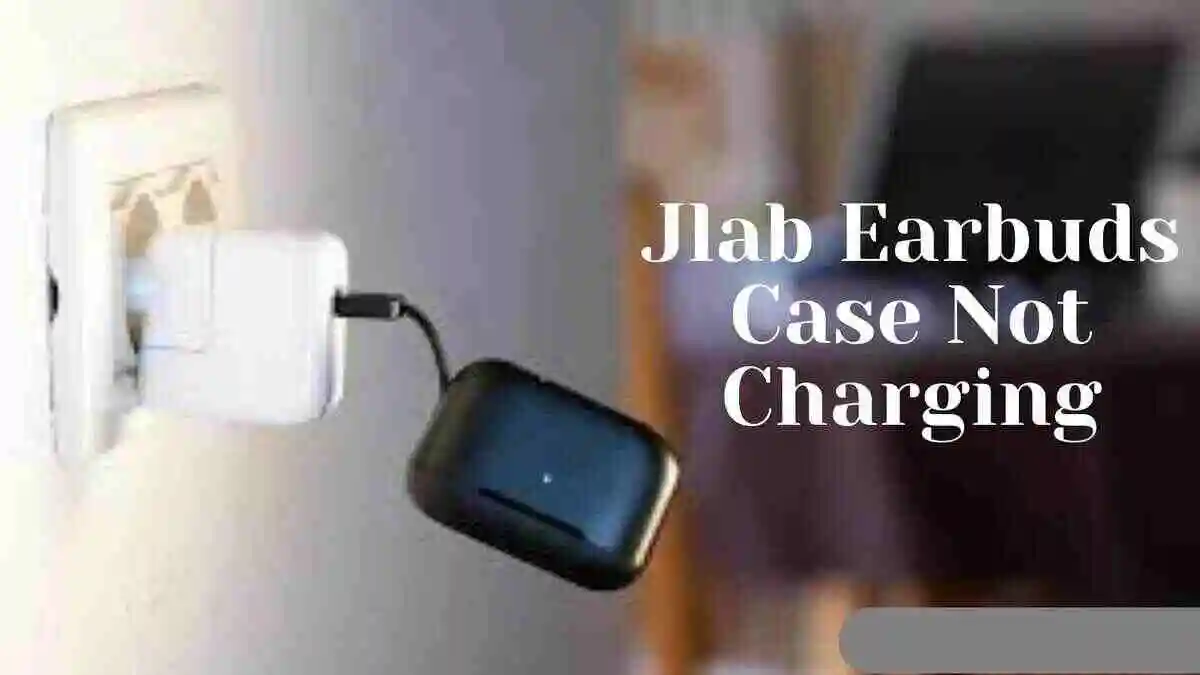is noise cancelling bad for your ears? Noise-cancelling headphones have revolutionized the way we experience audio, providing an immersive escape from the bustling world around us. Yet, for some, this auditory sanctuary comes at a cost – ear pressure.
In this article, we’ll explore the reasons behind noise cancelling headphones pressure on ears and offer expert tips to ensure you find a comfortable pair. Additionally, we’ll weigh the pros and cons of using these headphones in various scenarios, including during sleep.
Are Noise Cancelling Headphones Better for your Ears?
Now that we’ve discussed how to find comfortable noise-cancelling headphones, let’s delve into the advantages and disadvantages of using them
Pros:
- Hearing Protection: Noise-cancelling headphones enable you to listen to music at lower volumes, reducing the risk of hearing damage.
- Enhanced Focus: They excel in blocking out background noise, aiding concentration and stress reduction, especially in noisy environments.
- Travel Companion: Ideal for travel, they can drown out the constant hum of airplanes or the chatter on public transport, allowing you to enjoy your music without maxing out the volume.
Cons:
- Ear Pressure: As mentioned earlier, some users experience ear pressure when wearing noise-cancelling headphones, which can be uncomfortable.
- Cost Factor: High-quality noise-cancelling headphones can be expensive, making them less accessible for everyone.
- Limitations in Noise Blocking: While they excel at consistent, steady noises, sudden or irregular sounds may still penetrate the noise-cancelling barrier.

Why do Noise Canceling headphones Pressurize Ear?
Noise-cancelling headphones can exert pressure on the ears due to their operational principles. Here are some factors contributing to the noise cancelling headphones pressure on ears wireless.
- Active Noise Cancellation: The fundamental working mechanism of active noise-cancelling headphones involves microphones capturing external sounds and generating counteractive sound waves to neutralize them. This process can engender a sensation akin to a “suction” effect within the ears, which individuals may interpret as pressure.
- Tight Fit: When headphones are excessively tight or firmly pressed against the head, they can elicit discomfort and impose pressure on the ears.
- Prolonged Usage: Prolonged and uninterrupted use of noise-cancelling headphones can lead to ear pressure and elevate the risk of developing ear-related issues.
- Impact on Ear Canal and Eardrum: The pressure generated by noise-cancelling headphones can influence the ear canal and eardrum, giving rise to sensations of discomfort and pain.
By gaining insight into the factors contributing to ear pressure caused by noise-cancelling headphones, you can adopt precautionary measures to mitigate this phenomenon.

Noise Canceling Headphones Pressure On Ears (Preventions)
If you’re grappling with ear pressure caused by noise-cancelling headphones, here are some strategies to alleviate it:
- Adjust Volume Levels: To mitigate ear pressure, consider lowering the volume of the external noise being cancelled. Higher external noise levels demand more intense cancellation, potentially increasing ear pressure.
- Opt for Over-Ear Headphones: Over-ear headphones are a preferable choice due to their inherent comfort. Unlike on-ear headphones, they exert less pressure on your ears.
- Take Regular Breaks: Prioritize intermittent breaks from wearing noise-cancelling headphones to allow your ears some respite. This practice can help stave off discomfort and reduce the likelihood of ear-related issues.
- Experiment with Different Headphones: If your current headphones are causing discomfort, consider trying an alternative pair. Some models, like the Bose ANC 700, are explicitly engineered to minimize ear pressure.
- Consider Passive Noise Cancellation: Passive noise-cancelling headphones create a tight seal around your ears, effectively blocking out external audio. This can serve as a viable alternative to active noise cancellation, which has the potential to induce ear pressure and discomfort.
- Experience superior comfort without compromising performance by opting for headphones and earphones that boast ergonomic ear tips.
- For those enduring ear pressure during extended flights, the sensation often arises from a difference in air pressure inside and outside the ears. Combat this discomfort by employing the “ear-popping” technique, which equalizes ear pressure with the environment, offering relief.
By incorporating these recommendations into your headphone usage, you can proactively prevent ear pressure.
It’s crucial to select headphones that prioritize comfort and don’t subject your ears to unnecessary pressure. Furthermore, practice responsible usage, including taking regular breaks, to mitigate the risk of developing ear-related conditions.
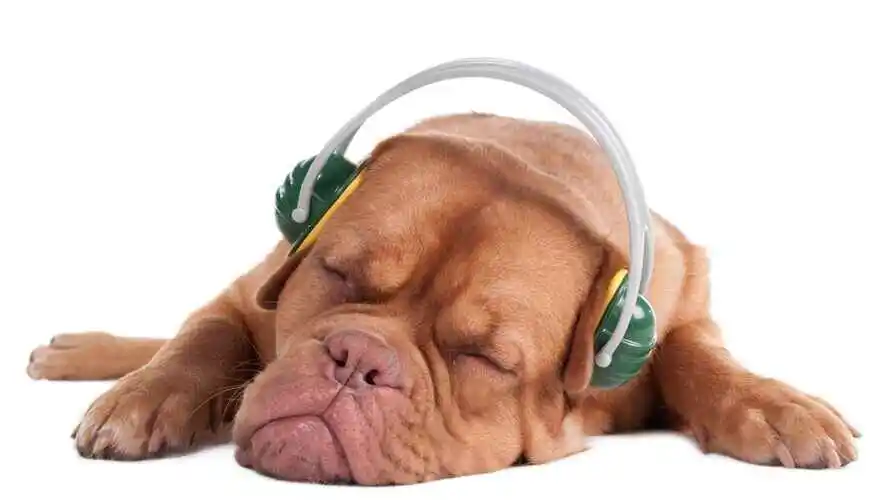
Is it bad to wear noise cancelling headphones while sleeping?
For those who seek tranquility during their slumber, using noise-cancelling headphones to sleep is a personal choice. Here are the pros and cons to consider:
Also Read: Is It Bad To Sleep With Headphones ON (other Ways To enjoy Music While Sleeping)
Pros:
- Noise Blockade: Noise-cancelling headphones can be a game-changer for light sleepers or those living in noisy environments, providing much-needed silence.
- Earplug Alternative: They can serve as a safer alternative to traditional earplugs, which can pose risks if worn during sleep.
- Sleep Aid: Listening to calming music or white noise through noise-cancelling headphones can help facilitate a restful night’s sleep.
Cons:
- Comfort Issues: Sleeping with headphones can be uncomfortable for some, particularly if you sleep on your side or front.
- Safety Concerns: There’s a risk of not hearing emergency alarms or intruders when wearing noise-cancelling headphones to sleep.
- Ear-Related Health Risks: Prolonged use of headphones during sleep can lead to ear irritation and conditions like otitis externa.
Also Read: Is it Bad To Sleep With Bone-Condution Headphones
Conclusion
Noise-cancelling headphones offer an enticing escape from external disturbances, but they can also bring about discomfort and potential health risks, especially when used during sleep.
However, by following our expert advice on choosing comfortable headphones and understanding the pros and cons, you can make an informed decision on whether they are right for you.
Remember to prioritize your comfort and hearing health, and use noise-cancelling headphones responsibly. Whether you’re unwinding with music or seeking solace in slumber, the choice is yours to make, with awareness and care.

